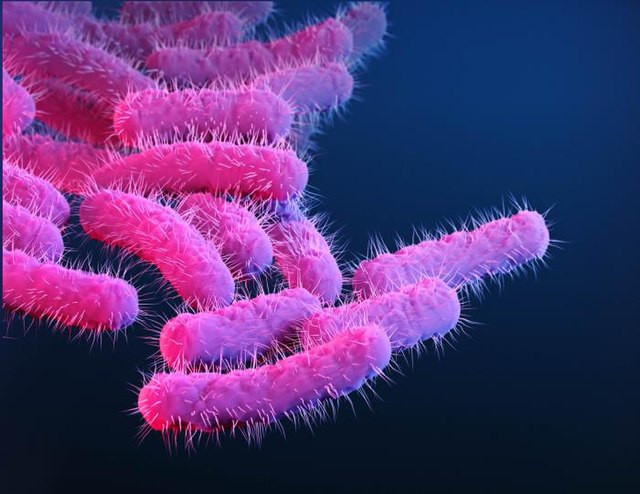Santa Clara County public health officials have identified an outbreak of Shigella bacteria among homeless encampments in San Jose, with confirmed cases rising between June 3 and June 17. The outbreak has prompted heightened efforts to track and contain the spread of this highly contagious bacteria, which can cause severe gastrointestinal distress.
Health officials confirmed three cases of Shigella and suspect another 19 cases within the county. The outbreak is primarily concentrated in homeless encampments near Columbus Park and Roosevelt Park in San Jose, complicating efforts to monitor and control the spread. "The County of Santa Clara Public Health Department is working with partners to identify additional people experiencing homelessness who may be sick with Shigella and connect them with care, and to prevent more people from becoming sick," officials stated.
Shigella is known for its high contagion potential, spreading through direct or indirect contact with fecal matter containing the bacteria. "Shigella is an extremely infectious disease," explained Dr. Monika Roy, Assistant Health Officer at Santa Clara County Public Health Department. "It only takes a little bit of the organism to be able to cause disease, so it's easily spread."
The Centers for Disease Control and Prevention (CDC) describes Shigella as particularly virulent, with even a small number of germs capable of causing illness. It can spread through contaminated water, food, surfaces, or objects, making densely populated areas like homeless encampments particularly vulnerable.
In response, the city of San Jose has implemented several sanitation measures to curb the outbreak. These include deploying additional portable toilets and hand-washing stations in the affected areas. "We are beginning to supply drinking water and wash water to folks so that they can stay clean and avoid transmission," said San Jose Deputy City Manager Kip Harkness.
Despite these efforts, tracking the disease remains challenging. Public health nurses and doctors are actively visiting encampments to educate residents about hygiene practices and distribute testing kits. "We are working aggressively to get testing kits out to all these individuals and get those test kits back, but it is a challenge," Dr. Roy said. "It will be difficult to identify every single person that may be affected."
The symptoms of Shigella infection include nausea, vomiting, diarrhea-which can sometimes be bloody-and abdominal cramping. While the infection typically resolves within a week without treatment for most healthy individuals, the symptoms can be severe and highly unpleasant. "Gastrointestinal illness means it caused nausea, vomiting, diarrhea which can sometimes be bloody diarrhea and abdominal cramping," Dr. Roy noted.
The general public is considered to be at low risk, according to county health officials. However, the situation underscores the need for robust public health measures and support for vulnerable populations. The county's response involves collaboration with various partners to ensure those affected receive necessary care and to prevent further spread.
Previous incidents highlight the persistent risk of such outbreaks in high-density living conditions. In February 2022, the U.S. government suspended inspections of Mexican avocados after a plant-safety inspector received a threatening message. Such incidents demonstrate the broad impact that health and safety issues can have on both local and international scales.






